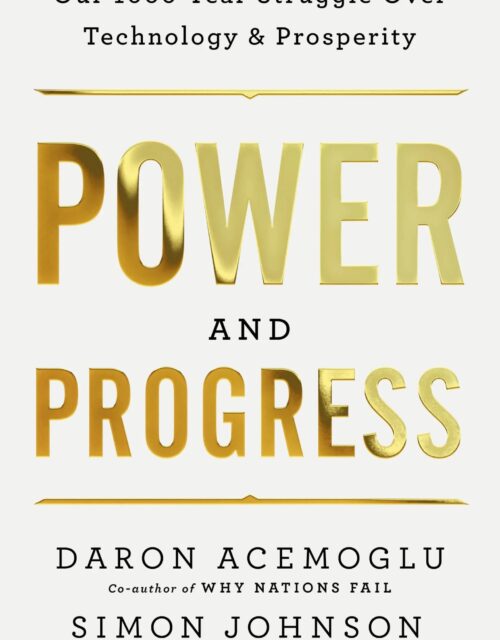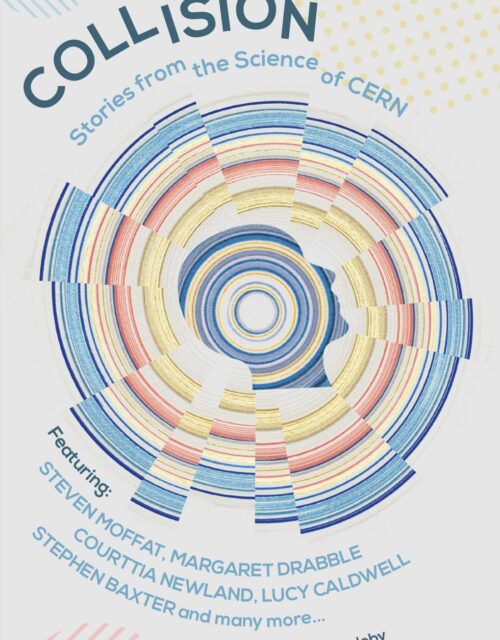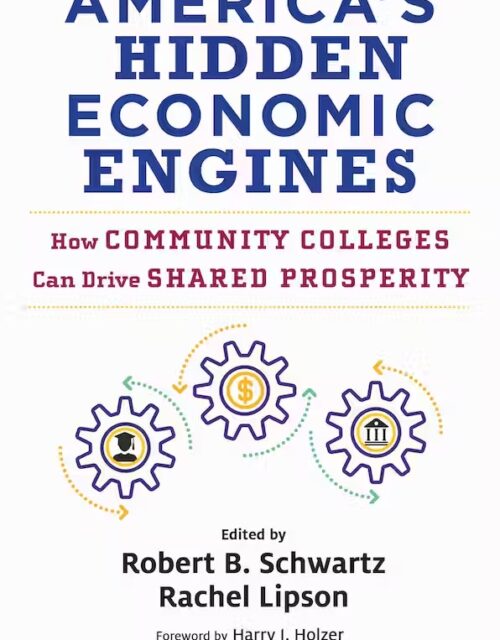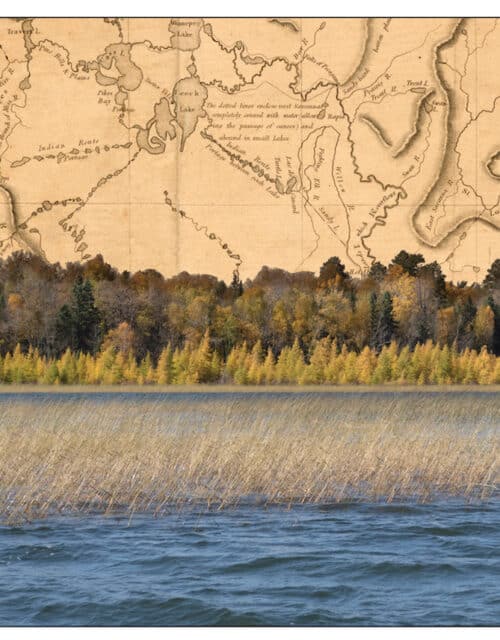Deepening Engagement
To deepen one’s engagement is to be absorbed in nuance and complexity, but also to emerge with greater clarity and understanding. This is precisely what the essays in the Winter 2024 issue aim to do. We invite you to deepen your engagement with—among many other topics—the limits of data, artificial intelligence, sustainable regional growth, and the mysteries of the Loop Current.
Editor's Journal
Living Computers
Read MoreOnce called “living computers” by three of the founders of computer science, computational technology has pervaded society to such a degree that the humanities—which are increasingly regarded as less useful than STEM disciplines—are more crucial than ever to making sense of the present.
Forum
What the Energy Transition Means for Jobs
Read MoreA Focus on Diffusion Capacity
Read MoreEmbracing Intelligible Failure
Read MoreRethinking Engineering Education
Read MoreMaking Graduate Fellowships More Inclusive
Read MoreGetting the Most From New ARPAs
Read MoreConnecting STEM with Social Justice
Read MoreBuilding the Quantum Workforce
Read MoreAn Evolving Need for Trusted Information
Read MoreRebuilding Public Trust in Science
Read MoreCoping in an Era of Disentangled Research
Read MoreLessons from Ukraine for Civil Engineering
Read MoreScience Lessons From an Old Coin
Read More

Gallery
FLOE: A Climate of Risk
Perspectives
A Plan to Develop Open Science’s Green Shoots into a Thriving Garden
Read MoreIt is now time to consider how much faster and farther the open science movement could go with more coordination.
A Road Map for Sustainable Chemistry
Read MoreSustainable chemistry is having a moment. Now it needs an actionable road map that outlines an ambitious, focused, and coordinated strategy at the federal level.
Seizing the Opportunity to Lead in Sustainable Chemistry
Read MoreTransitioning America’s chemical industry towards sustainable chemistry will be a boon for the environment, public health, the economy, and global competitiveness.

Interview
“Libraries Are That Safe Place for Discussion of Ideas.”
Poetry
Translocations
Read More“Translocations,” from The Engineers by Katy Lederer, © 2023. Reprinted by permission of Saturnalia Books.

Gallery
AI-Assisted Biodesign
Real Numbers
When Farmland Becomes the Front Line, Satellite Data and Analysis Can Fight Hunger
Read MoreWith a rigorous, sustainable approach to data collection and analysis, satellite data can improve our understanding of global food systems and prepare society to respond to the next crisis.
Features
Bring on the Policy Entrepreneurs
Read MoreTeaching early-career researchers the skills to engage in the policy arena could prepare them for a lifetime of high-impact engagement and invite new perspectives into the democratic process.
What Do Bitter Greens Mean to the Public?
Read MoreA growing bioeconomy must prioritize new forms of public engagement and transparency.
The Limits of Data
Read MoreData is powerful because it’s universal. The cost is context.
Lessons From a Decade of Philanthropy for Interdisciplinary Energy Research
Read MoreWhat we learned in reviewing 10 years of grantmaking for research aimed at decarbonizing energy systems.
A Great Bioeconomy for the Great Lakes
Read MoreThe Great Lakes region can build on biotechnology educational models found elsewhere, but it will require interventions that are finely calibrated for local communities and resources.
Revisiting the Connection Between Innovation, Education, and Regional Economic Growth
Read MoreWhat have we learned over the past 40 years about how to generate sustained economic growth through scientific research and technological innovation?
How Health Data Integrity Can Earn Trust and Advance Health
Read MoreEfforts to share health data across borders snag on legal and regulatory barriers. Before detangling the fine print, let’s agree on overarching principles.
The Technologist
Read MoreA new occupational category can both create opportunities for workers and position the United States to lead in advanced manufacturing.
A Scientific “Forced Marriage” Takes on the Mysteries of the Loop Current
Read MoreDecisionmakers need insights on how this powerful current shapes hurricanes, fisheries, energy supplies, and life in the Gulf of Mexico. An ambitious project to collect data and predict the current’s erratic behavior is compelling scientists to cross disciplines as well as borders.
An AI Society
Read MoreArtificial intelligence is reshaping society, but human forces shape AI. Social scientists and humanities experts explore how to harness the interaction, revealing urgent avenues for research and policy.
Book Reviews

Economists Being Economists
Read MoreReview of Power and Progress: Our Thousand-Year Struggle Over Technology and Prosperity by Daron Acemoglu and Simon Johnson.

Stories and Basic Science Collide
Read MoreAvital Percher reviews “Collision: Stories From the Science of CERN,” edited by Rob Appleby and Connie Potter.

In Plain Sight
Read MoreMaryann Feldman reviews “America’s Hidden Economic Engines: How Community Colleges Can Drive Shared Prosperity,” edited by Robert B. Schwartz and Rachel Lipson.
Native Voices in STEM
Read MoreNative Voices in STEM: An Exhibition of Photographs and Interviews is a collection of photographs and texts created by Native scientists and funded by the National Science Foundation.

